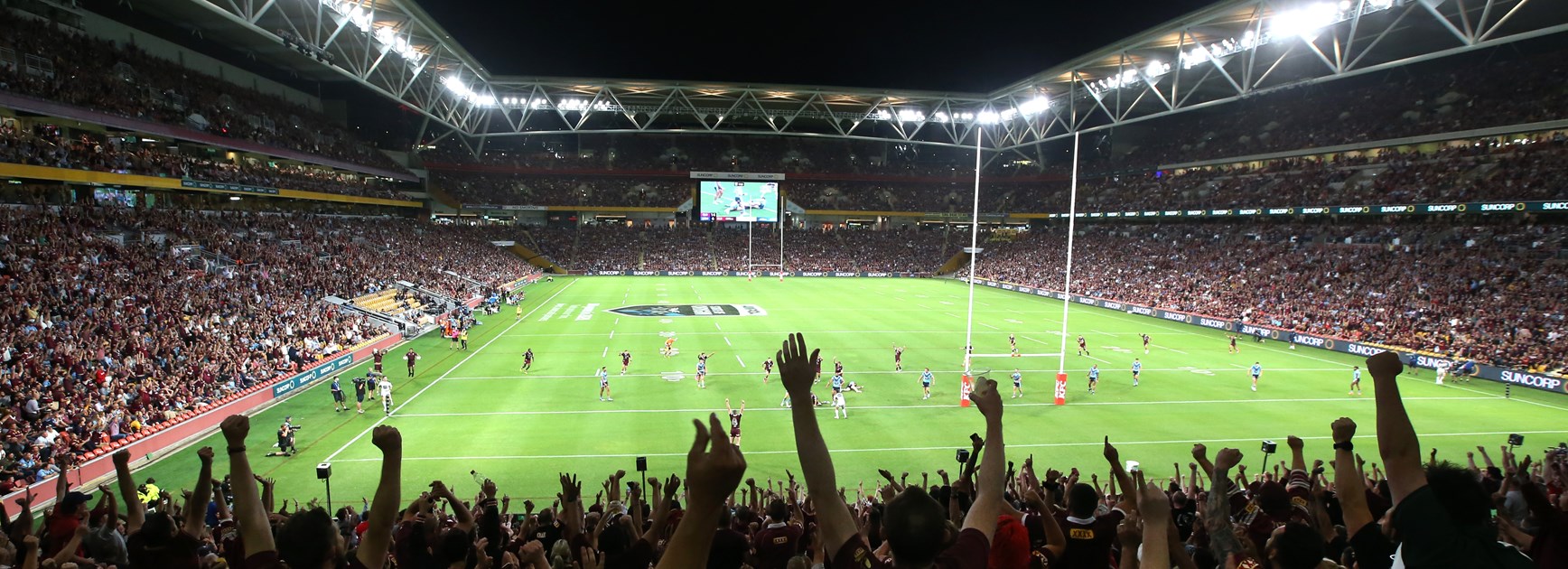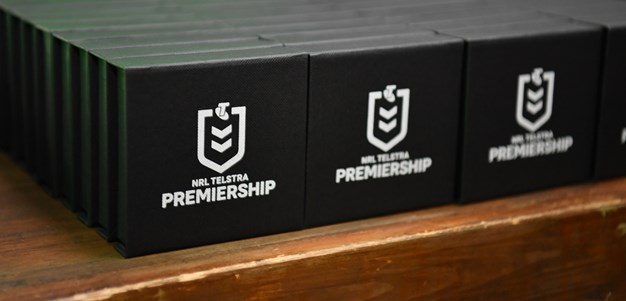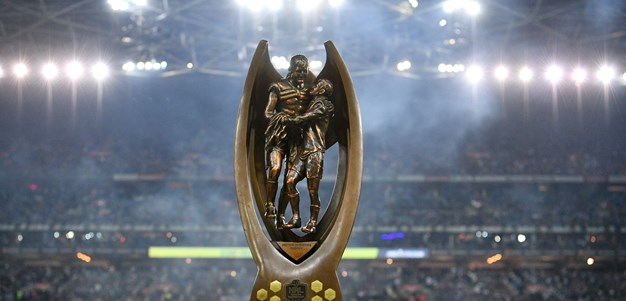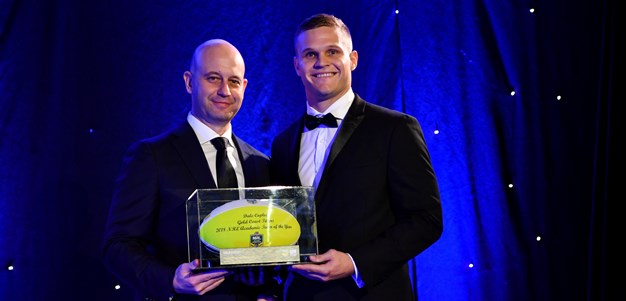
RLPA chief executive Clint Newton has never been prouder of the game's players than this season as they endured more than six months of uncertainty and severe biosecurity restrictions to ensure all 180 matches were played as scheduled.
After entering team bubbles on May 3, the last players were finally able to enjoy the same freedoms as the rest of the community following Wednesday night's State of Origin series decider between NSW and Queensland at Suncorp Stadium.
Knights utility Kurt Mann was unable to visit his mother as she battled terminal cancer, Warriors prop Adam Blair missed the funeral of his grandmother in New Zealand and Raiders winger Semi Valemei had to wait until the end of the season to see his newborn daughter in Fiji for the first time.
The Warriors relocated to Australia, the Storm set up camp on the Sunshine Coast and other players had to move out of home because their partners, parents or other family members worked in jobs that were considered high risk.
Players from the Broncos, Titans and Cowboys spent most of the season in home isolation as the Queensland Government required them to isolate for 14 days after each game against a team based in NSW, while the Storm were confined to their Twin Waters hotel for the same reason.
The Warriors' journey through adversity
"By the time Origin players exit their bubbles it will be close to 250 days in some sort of restriction or protocol guidelines," Newton said.
"That is over 65 per cent of the year that they have been bound by these increased restrictions, greater demands and a significant amount of scrutiny placed on them, coupled with the expectation of compliance and delivery of the product, which is the game.
"I have always been proud to be a part of the NRL and to stand shoulder to shoulder with the playing group but there is no prouder moment than this year, given what the players and their families – and club staff and club staff's families – have had to endure for over two-thirds of the year."
Significantly, no NRL player contracted COVID-19 and there were very few breaches of the bio-security restrictions they were forced to abide by so the Telstra Premiership could resume on May 28.
"This isn't complaining about what they had to endure, it is about being proud of what they had to endure and the determination and drive and commitment that they showed when they have never experienced anything like this before," Newton said.
"This was scary for some of them because rugby league players and staff, and their families, were the first ones out of the trenches, so to speak. They went back first and said this is our responsibility to breathe life back into the game.
"That is putting aside the payments and the salaries, and not having any idea how they were going to be remunerated and compensated or rewarded beyond that point. They just got on and did it."
The Warriors agreed to stay in Australia and play games when the New Zealand border closed ahead of their round two home game against Canberra, which was shifted to Cbus Stadium on the Gold Coast.
A week later the NRL was suspended so Warriors players returned to Auckland and spent 14-days in home isolation as the country went into total lockdown for five weeks.
Sea Eagles and fans thank Warriors and Blair with standing ovation
As the restrictions were eased, the Warriors returned to Australia to spend two weeks in isolation at Tamworth so they would be ready to play when the rebooted Telstra Premiership got underway.
Players returning to New Zealand at the end of the season had to spend another 14 days in hotel quarantine before being able to see their families.
For some, such as captain Roger Tuivasa-Sheck, it was the first time they had seen their families since the team's departure from Auckland five months earlier.
"No one really knows the effects on the players and their families and the staff and their families unless you did it," Newton said.
"You had the Warriors choosing to leave their families and their loved ones on May 3, not really knowing when they were going to see their families, whether their families would arrive, what quarantine look like for them, how would the bio-security protocols work or what they were going to be renumerated during that period.
"You had players living away from their pregnant partners because they were high risk, young Semi from Fiji not being able to see his newborn daughter because of travel restriction and the Storm players moving from Melbourne to the Sunshine Coast.
"You had Cowboys, Broncos and Titans players who couldn't take their kids to school because the Queensland players were in total lockdown other than to attend training and play matches. They couldn't leave their houses so they couldn't go for a drive around the street.
"There has never been a time like this in the game's history and I hope that there never is again but what you have seen, not just in rugby league but across all codes, is the absolute true character of our fleets and the people we have within our game.
"I believe that people have been able to look at the players and see them as a beacon of hope and everyone can be proud of the game because the players and the clubs have stepped forward and stepped up when the game needed it the most."








